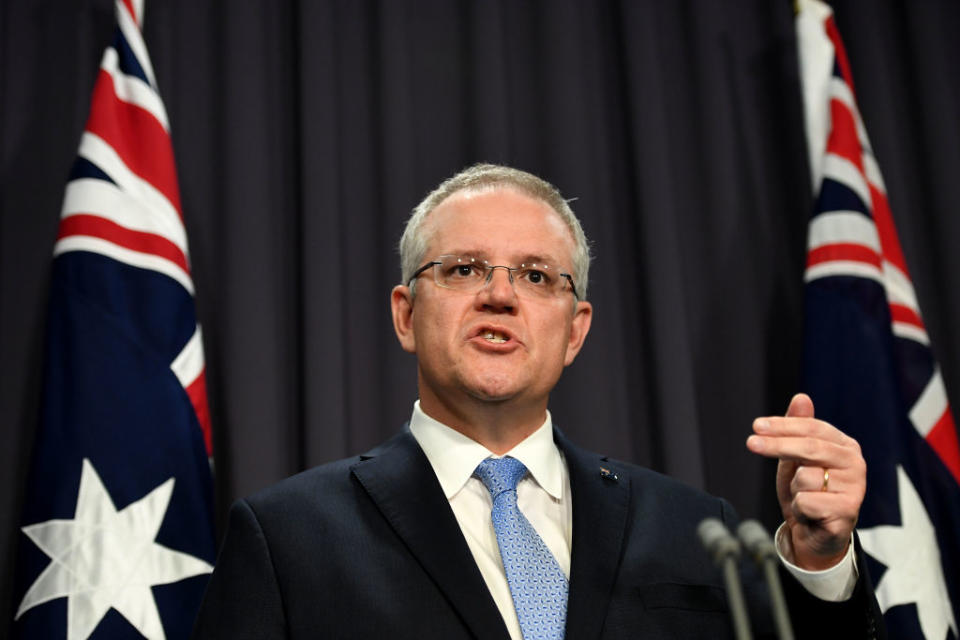Will this economic data influence the election date?

Ready, get set!
There will be a Federal election within the next four months and the main question is the exact date when we will go to the polls.
The current speculation focuses on three dates – relatively early on 2 March or nearer full term on 11 or 18 May.
The decision will be taken by the Prime Minister, Scott Morrison, over the next few weeks.
Data critical to his thinking
One issue which will undoubtedly be critical to his thinking on the timing of the poll will be the economic data flow that will be released during the election campaign.
Just think – getting a poor GDP result or a rise in unemployment or weak wages data slap bang in the middle of the campaigning. It could be enough to derail the election strategy of the government and further erode its economic credentials.
It is also important because the economy is clearly weakening. House prices are falling sharply, destroying the wealth of home owners, wages growth remains weak, the stock market is sick and consumer spending is unsurprisingly slow.
There is also evidence in the various job advertisement series that the labour market is cooling which could see the unemployment rate creep up in the months ahead.
2 March Vs 18 May
The economic calendar suggests Mr Morrison would be wise to call the election for 2 March.
Here’s why.
A 2 March election would avoid the all important 5 March RBA meeting, which might have a few home truths about the economy and the 6 March release of the December quarter GDP data, which on current indications, will be weak. The only data prior to a 2 March polling day of note will be, working backwards, business investment (28 February), the labour force (21 February) and the wage price index (20 February). These should be manageable for the government.
If Prime Minister Morrison opts for an 18 May election day, the economic data flow will have the potential to be more powerful in the days and weeks leading up to polling day. On 16 May, the labour force data will provide a timely reminder of slowing in employment creation and the extent to which workers are either unemployed or underemployed. This will follow data on retail spending (7 May) and the inflation rate (24 April) will also give critical signals on the state of the economy.
There will also be the usual RBA Board meeting on 7 May and the RBA quarterly Statement on Monetary Policy on 10 May which will no doubt incorporate views on the slowing economy, the credit crunch and critical policy issues.
House price updates
One important high profile news item that cannot be avoided will be the regular house price updates from Corelogic. These are available daily and as prices continue to decline, voters in the hardest hit cities – Darwin, Perth, Sydney and Melbourne – will no doubt be concerns with each update about how much wealth they are losing as prices keep falling.
Mr Morrison has to be aware that an 18 May election campaign is likely to see the government on the back foot on the performance of the economy with GDP weakening, the labour market slowing, wages growth still weak and a possible uptick in the unemployment rate. The RBA will be chiming in with its assessment for the economy at vital times during the campaign.
All the while, house prices are set to keep dropping, a factor likely to sour the mood of the electorate.
There are probably other matters that will feed into the exact timing of the election date, but there is little doubt that the economic calendar will be important.
Make your money work with Yahoo Finance’s daily newsletter. Sign up here and stay on top of the latest money, news and tech news.
Now read: Why Gen Z Aussies went mad for shares last year
Now read: Wealthy Aussies are dodging $1.2bn in tax every year
Now read: Bali tax: Why your holiday just got more expensive

 Yahoo Finance
Yahoo Finance 